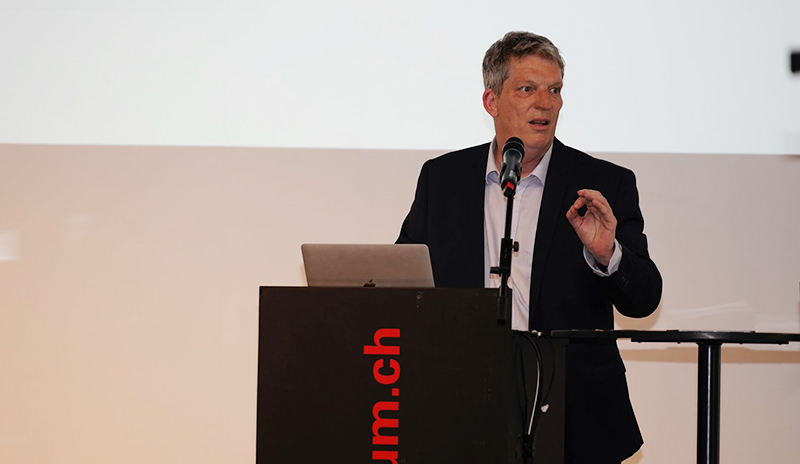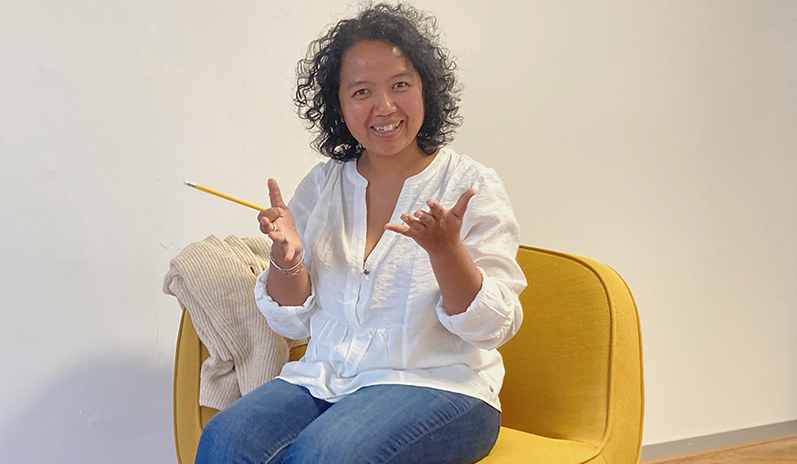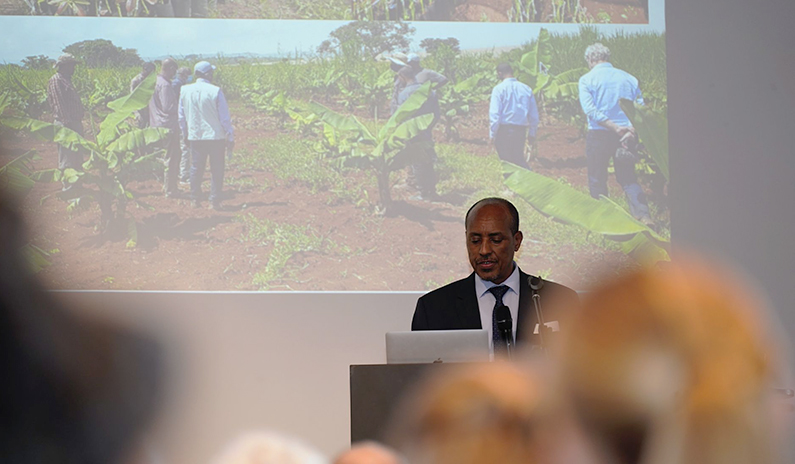Highlights
North–South research collaboration
From climate change to biodiversity loss and conflicts over resource use: today’s crises are global. In tackling them, North–South research collaboration plays an increasingly important role, providing much-needed knowledge for appropriate strategies and policies. On 5 May 2023, a highly regarded conference on Swiss research and higher education placed the topic at the top of the agenda.
What does it mean to decolonize research collaborations? And how can it be achieved in research and teaching? On 5 May 2023, participants were invited to debate these questions at a special event in Bern. It was organized by the Commission for Research Partnerships with Developing Countries (KFPE), the swissuniversities Development and Cooperation Network (SUDAC), as well as the Solution-oriented Research for Development (SOR4D) programme, a joint funding instrument between the Swiss Agency for Development and Cooperation and the Swiss National Science Foundation.

In a CDE interview, then KFPE president Thomas Breu stressed the need for action in Switzerland to improve the balance of research cooperation with partner countries and institutions, placing it on a more equal footing: “The potential of countries in the global South isn’t recognized,” he said. Yet now is when we urgently need more momentum to tackle global challenges and crises in concert. “It’s in our own interest,” he emphasized.

In her introduction to the conference topic, CDE researcher Ravaka Andriamihaja highlighted how power asymmetries manifest in North–South research partnerships. In our interview, she stated: “Power imbalances are unlikely to change as long as project management and coordination are unilaterally located in the global North.” In her view, diversity is the most important lever for change in this area: “Diversity is the key to decolonizing research. So, our first priority should be to promote diversity.”

An example of fruitful North–South research partnership was presented by Gete Zeleke, director of Ethiopia’s Water and Land Resource Centre (WLRC), in his keynote speech. He highlighted the many years of project cooperation with CDE. “We at WLRC tried to change the common scenario by introducing a hybrid approach, namely: linking research with implementation on the ground.” According to Gete Zeleke, the approach resulted in improved ecosystem services, livelihoods, and resilience in the project areas. It also produced actionable recommendations, as well as empirical evidence for scaling up and scaling out.
CDE staff were also involved in several workshops and group discussions at the conference, as well as in the Online Workshop Series – including topics such as “Open Science as a Means to Decolonize Scientific Publishing and Foster Fairer Research Collaborations” and “Decolonizing Graduate Careers”. In addition, the event offered an opportunity for CDE to present its conceptual framework developed together with partners on “Fair and conflict-sensitive research in sustainability contexts”.
